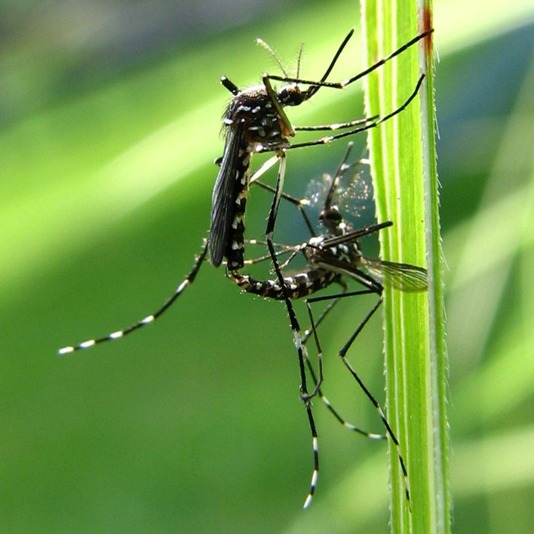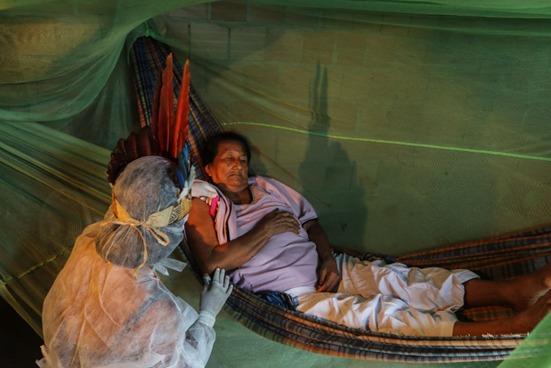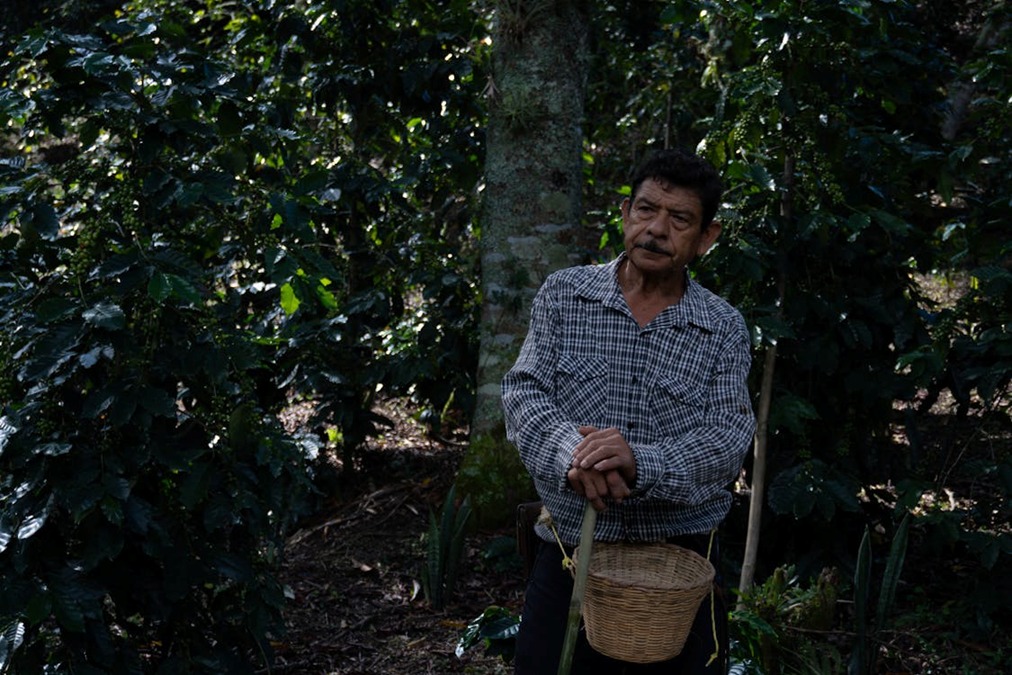SUMMARY
The Embera Katío indigenous community in Tierralta, Córdoba, is facing a serious environmental and public health crisis due to the accumulation of plastic waste and the lack of an efficient solid waste management system. The absence of adequate public policies has led to unsustainable practices, such as burning garbage, which releases toxic substances and causes respiratory diseases. In addition, the accumulated plastics retain stagnant water, creating ideal breeding grounds for the Aedes aegypti mosquito, which transmits dengue and Zika. In 2023, 4,300 cases of dengue were reported in the area, an increase of 132% compared to the previous year. In 2022, Ecoceanos managed to achieve a plastic compacting machine, reducing the volume of waste by 70% and generating local jobs. However, the instability of the electricity supply and high operating costs have limited its effectiveness. This document analyzes the problem, proposes technical and social solutions, and evaluates the expected results. The solutions include stabilizing the electricity supply, using renewable energies, optimizing the compaction system, and strengthening the circular economy. An 80% reduction in the volume of waste, a significant decrease in cases of dengue and Zika, and the generation of local jobs are expected. This comprehensive approach seeks to improve the quality of life of the community, protect the environment and respect the Embera Katío culture.
Keywords: Plastic waste, public health, Embera Katío, dengue, circular economy, waste management, renewable energy, environmental pollution.



